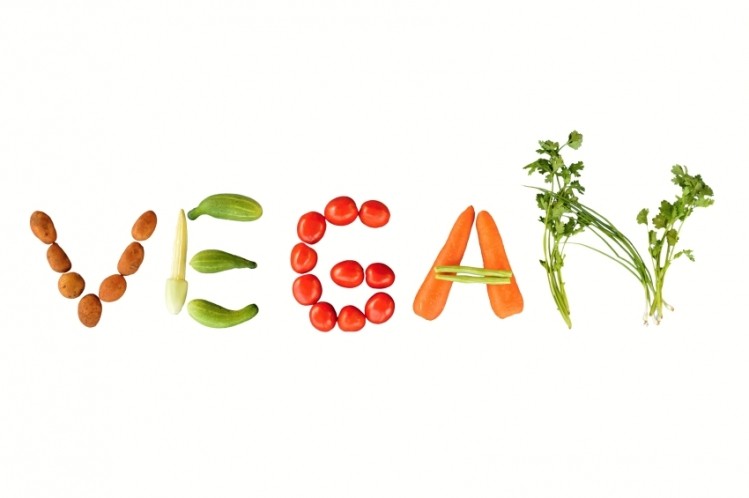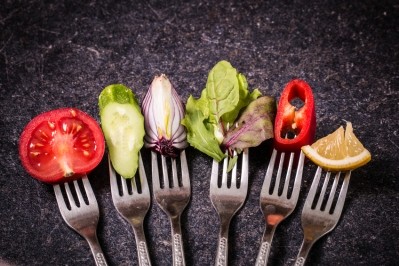Typical vegan diet lacks key nutrients; supplements can help: Study

The findings give cause for concern as individuals who become vegans for health-related reasons may be exchanging previous dietary deficiencies for new ones.
The study comes as more and more people are adopting either a vegan or vegetarian diet. Among countries in Europe surveyed the general trend shows vegans and vegetarianism on the rise.
Meanwhile NPD means both dietary regimes are now easier to achieve. The number of fortified products has increased and food supplements and new vegetarian convenience foods are more readily available.
However, previous studies have shown vegetarian food and nutrient intakes vary among subgroups. Factors that influence vegetarian food intake include knowledge of a balanced diet, vegetarian food variety, use of enriched food items and supplementation habits.
Nutrient shortage

Researchers from the University of Eastern Finland and the Finnish Safety and Chemicals Agency began by looking at the nutritional status of six male vegans and 16 female vegans following a vegan diet for an average period of eight years.
Their dietary habits were compared to a control group comprising of eight men and 11 women following a non-vegetarian diet.
Here, the intake and concentrations of vitamin B12, vitamin D, selenium, iodine and essential fatty acids as well as general food intake was analysed from three-day food records, and their nutritional status was measured from blood and urine samples.
While vitamin B12 concentrations of the vegan and control group were within reference values, the serum vitamin D concentrations were below the reference values in 24% of the vegan group and in 6% of the control group.
Vegans also had lower concentrations of beta-carotene, selenium, iodine and the essential EPA (eicosapentaenoic acid) and DHA (docosahexaenoic acid) omega-3 forms.
Vegans also exhibited higher polyunsaturated fatty acid (PUFA) concentrations and lower saturated fatty acid (SFA) concentrations than the control group. In addition, the concentrations of soy polyphenols were high in vegans.
“A vegan diet should involve a balanced, daily intake of whole grain products, legumes, seeds and nuts as sources of protein, as well as vegetables, fruits, berries and unsaturated fats,” the study stated.
“In addition, vegans should consume calcium-fortified drinks and use vitamin B12, vitamin D and iodine supplements to complement their diet.”
Vegan diet studies

Few studies have investigated the nutritional status of long-term veganism. For the studies that do exist, the results show vegans face nutritional problems with vitamin B12, 25-hydorxyvitamin D, iodine, selenium, and long-chain omega-3 fatty acid status.
The researchers attributed the more favourable fatty acid profile and higher serum concentrations of certain polyphenols to the high consumption of rapeseed oil and margarines as well as soy and rye products.
They added the consumption of relatively small amounts of fruit, berries, nuts and root vegetables was the likely cause of the lower serum concentrations of beta-carotene and alpha-tocopherol compared to the control.
The poorer antioxidant vitamin status of vegans conflicts with findings of earlier studies. This was likely because the control subjects of this latest study were health conscious, as shown by their high consumption of different vitamin and mineral supplements as well as fruits and berries.
The researchers also pointed to consumption of vitamin B12 supplements, which 91% of the vegan subjects consumed, as the reason for the vegan’s adequate serum vitamin B12 concentrations.
They also said the vegans' marginal vitamin D status was a result of neglected supplementation (23% of vegans), irregular supplementation and possibly time of sampling since 25-hydroxyvitamin D3 (calcidiol) concentrations are typically lowest during winter.
Source: Plos One
Published online ahead of print, DOI: 10.1371/journal.pone.0148235
“Food and Nutrient Intake and Nutritional Status of Finnish Vegans and Non-Vegetarians.”
Authors: Anna-Liisa Elorinne, Georg Alfthan , Iris Erlund , Hanna Kivimäki , Annukka Paju , Irma Salminen , Ursula Turpeinen , Sari Voutilainen , Juha Laakso












